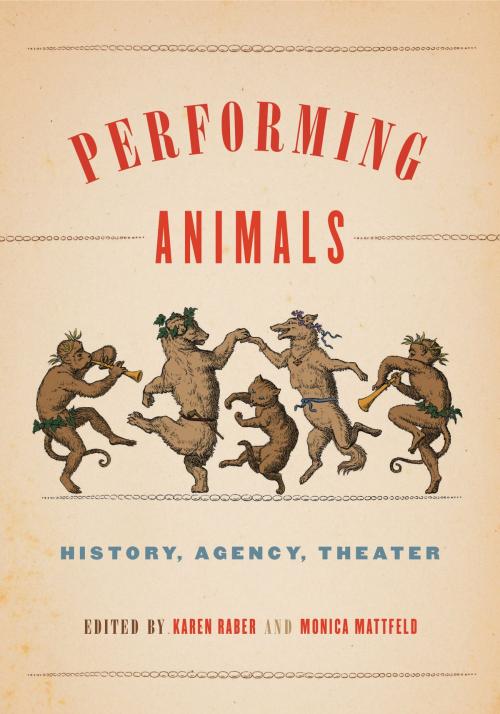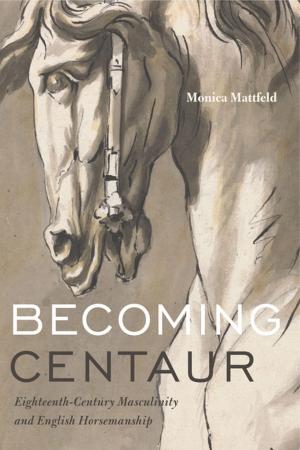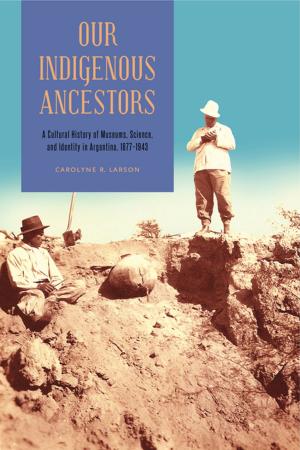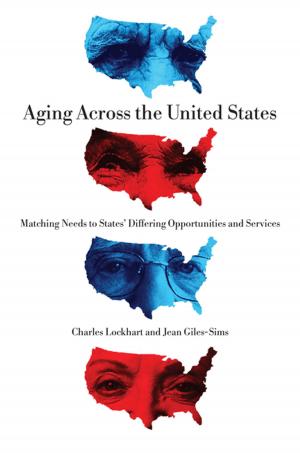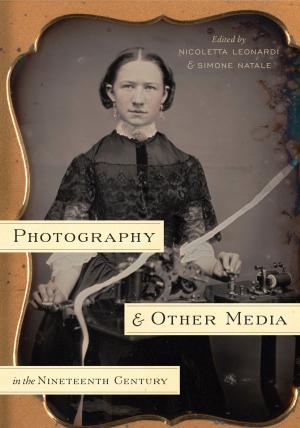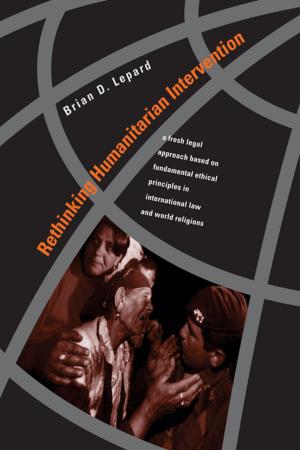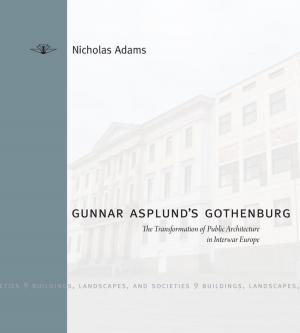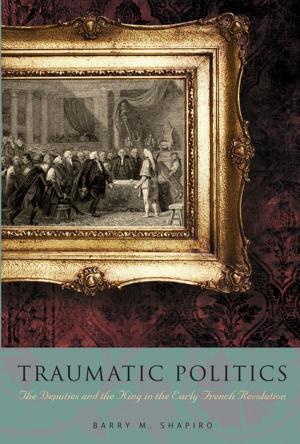Performing Animals
History, Agency, Theater
Nonfiction, History, Western Europe, Entertainment, Theatre, Performing Arts| Author: | ISBN: | 9780271080765 | |
| Publisher: | Penn State University Press | Publication: | September 28, 2017 |
| Imprint: | Penn State University Press | Language: | English |
| Author: | |
| ISBN: | 9780271080765 |
| Publisher: | Penn State University Press |
| Publication: | September 28, 2017 |
| Imprint: | Penn State University Press |
| Language: | English |
From bears on the Renaissance stage to the equine pageantry of the nineteenth-century hunt, animals have been used in human-orchestrated entertainments throughout history. The essays in this volume present an array of case studies that inspire new ways of interpreting animal performance and the role of animal agency in the performing relationship.
In exploring the human-animal relationship from the early modern period to the nineteenth century, Performing Animals questions what it means for an animal to “perform,” examines how conceptions or this relationship have evolved over time, and explores whether and how human understanding of performance is changed by an animal’s presence. The contributors discuss the role of animals in venues as varied as medieval plays, natural histories, dissections, and banquets, and they raise provocative questions about animals’ agency. In so doing, they demonstrate the innovative potential of thinking beyond the boundaries of the present in order to dismantle the barriers that have traditionally divided human from animal.
From fleas to warhorses to animals that “perform” even after death, this delightfully varied volume brings together examples of animals made to “act” in ways that challenge obvious notions of performance. The result is an eye-opening exploration of human-animal relationships and identity that will appeal greatly to scholars and students of animal studies, performance studies, and posthuman studies.
In addition to the editors, the contributors are Todd Andrew Borlik, Pia F. Cuneo, Kim Marra, Richard Nash, Sarah E. Parker, Rob Wakeman, Kari Weil, and Jessica Wolfe.
From bears on the Renaissance stage to the equine pageantry of the nineteenth-century hunt, animals have been used in human-orchestrated entertainments throughout history. The essays in this volume present an array of case studies that inspire new ways of interpreting animal performance and the role of animal agency in the performing relationship.
In exploring the human-animal relationship from the early modern period to the nineteenth century, Performing Animals questions what it means for an animal to “perform,” examines how conceptions or this relationship have evolved over time, and explores whether and how human understanding of performance is changed by an animal’s presence. The contributors discuss the role of animals in venues as varied as medieval plays, natural histories, dissections, and banquets, and they raise provocative questions about animals’ agency. In so doing, they demonstrate the innovative potential of thinking beyond the boundaries of the present in order to dismantle the barriers that have traditionally divided human from animal.
From fleas to warhorses to animals that “perform” even after death, this delightfully varied volume brings together examples of animals made to “act” in ways that challenge obvious notions of performance. The result is an eye-opening exploration of human-animal relationships and identity that will appeal greatly to scholars and students of animal studies, performance studies, and posthuman studies.
In addition to the editors, the contributors are Todd Andrew Borlik, Pia F. Cuneo, Kim Marra, Richard Nash, Sarah E. Parker, Rob Wakeman, Kari Weil, and Jessica Wolfe.
